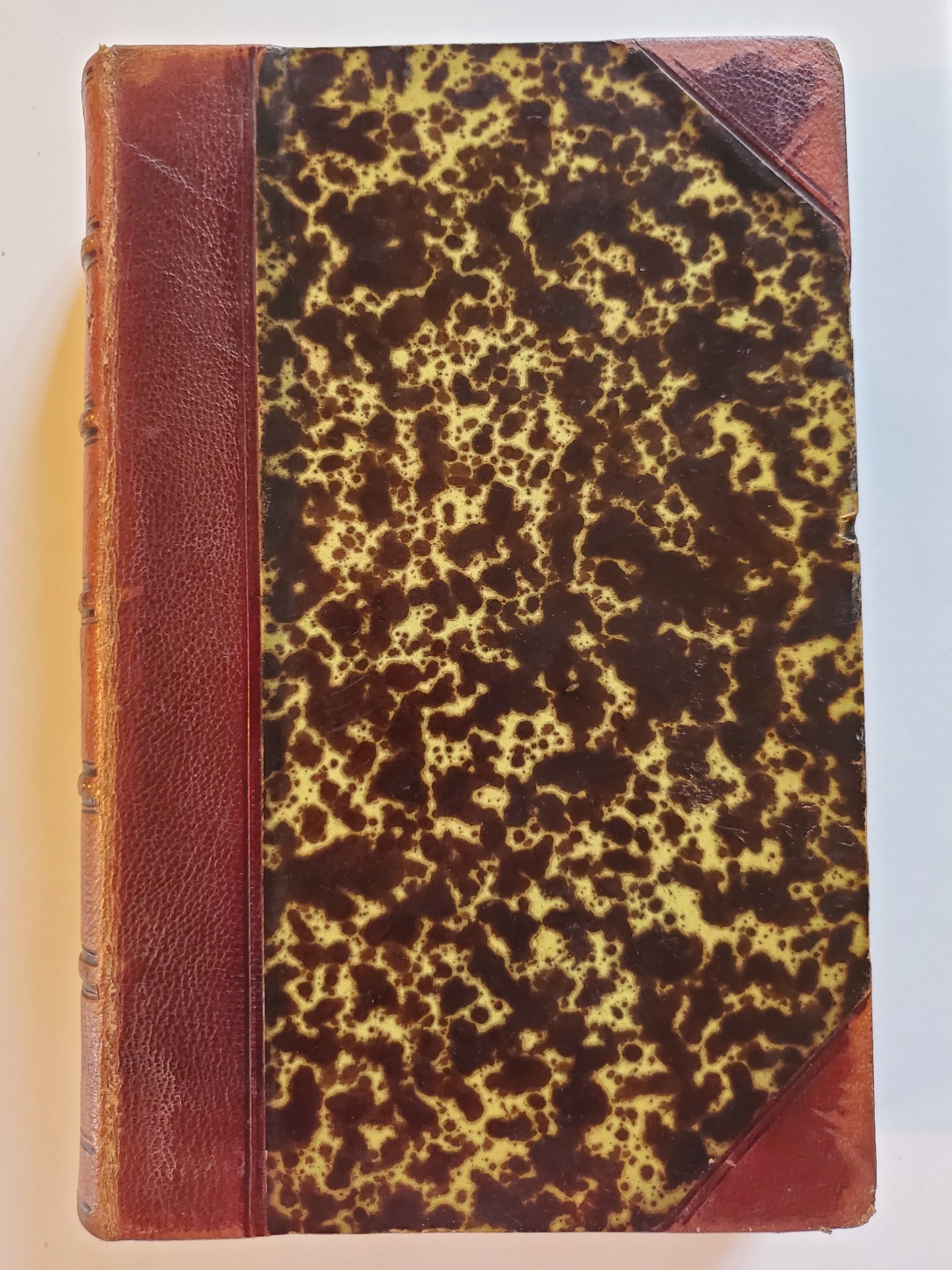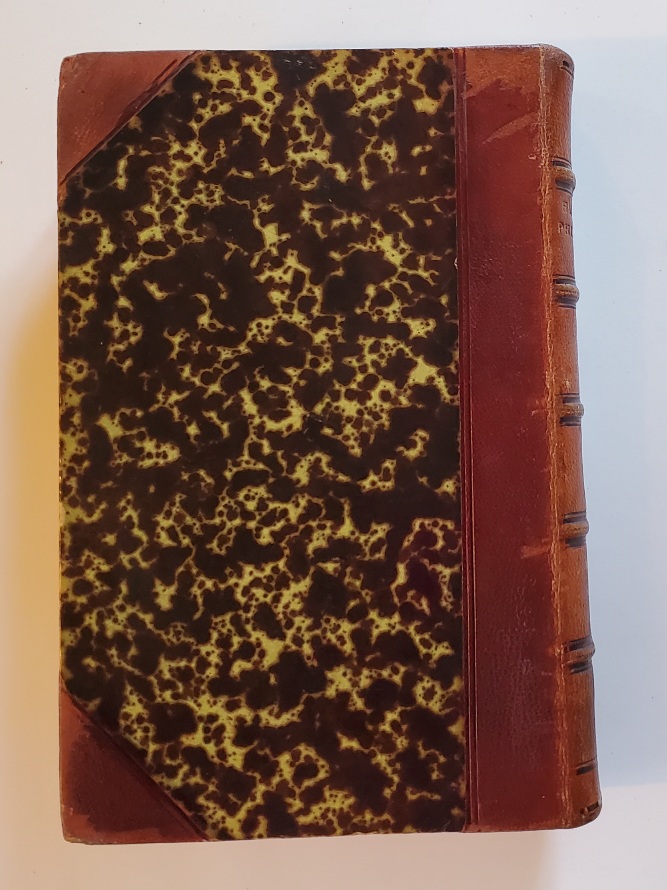John Stuart Mill
An Examination of Sir Wm Hamilton's Philosophy
1865 1st
AN EXAMINATION OF SIR WILLIAM HAMILTON’S PHILOSOPHY
Mill wrote in his Autobiography of Hamilton’s Lectures of 1860-61 “I was greatly disappointed with the Lectures…I found that the points of apparent agreement between his opinions and mine were more verbal than real; that the important philosophical principles which I had thought he recognised, were so explained away by him as to mean little or nothing, or were continually lost sight of…Now, the difference between these two schools of philosophy, that of Intuition, and that of Experience and Association, is not a mere matter of abstract speculation; it is full of practical consequences, and lies at the foundation of all the great differences of practical opinion in an age of progress. The practical reformer has continually to demand that changes be made in things which are supported by powerful and widely-spread feelings, or to question the apparent necessity and indefeasibleness of established facts; and it is often an indispensable part of his argument to show, how those powerful feelings had their origin, and how these facts came to seem necessary and indefeasible. There is therefore a natural hostility between him and a philosophy which discourages the explanation of feelings and moral facts by circumstances and associations, and prefers to treat them as ultimate elements of human nature…and deems intuition to be the voice of Nature and of God, speaking with an authority higher than that of reason….Considering then the writings and fame of Sir W.Hamilton as the great fortress of the intuitional philosophy in this country…I thought it might be a real service to philosophy to attempt a thorough examination of all his most important doctrines, and an estimate of his general claims to eminence as a philosopher…On the whole, the book has done its work: it has shown the weak side of Sir William Hamilton, and his reduced his too great philosophical reputation within more moderate bounds.” J S Mill, Autobiography pp.271-276.


